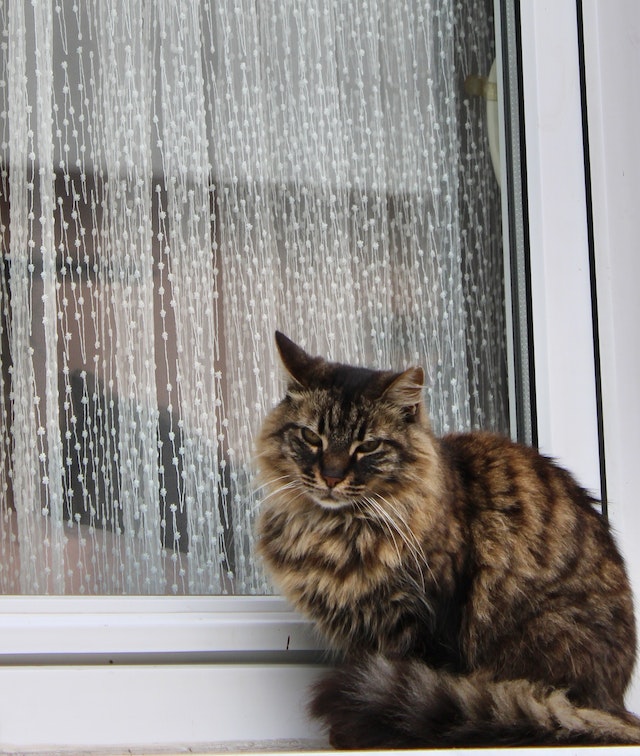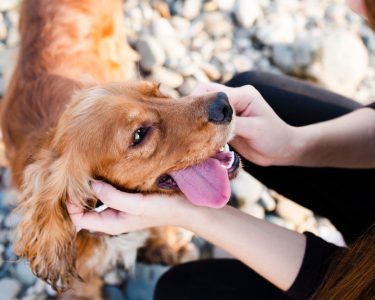Natural remedies can be a complementary approach to help control and prevent fleas in pets. While they may not be as potent as conventional treatments, here are some natural remedies that can aid in flea control and prevention:
- Regular grooming: Regularly brush your pet’s coat with a flea comb to physically remove fleas and their eggs. Dip the comb in soapy water to drown any fleas you comb out.
- Apple cider vinegar: Mix equal parts of apple cider vinegar and water. Spray the solution on your pet’s coat, avoiding the eyes and any open wounds. Fleas dislike the smell and taste of vinegar, which may help repel them.
- Lemon spray: Boil a sliced lemon in water and let it steep overnight. Strain the liquid and pour it into a spray bottle. Spray the solution on your pet’s fur, focusing on areas where fleas are commonly found. Lemons contain citric acid, which is known to repel fleas.
- Essential oils: Use caution when using essential oils as they can be toxic to pets if used improperly. Some essential oils known to repel fleas include lavender, cedarwood, and lemongrass. Mix a few drops with a carrier oil, such as coconut oil, and apply it sparingly to your pet’s collar or bedding.
- Diatomaceous earth: Food-grade diatomaceous earth can be sprinkled on your pet’s bedding and carpeted areas. It contains microscopic fossilized algae that can puncture the exoskeleton of fleas, causing them to dehydrate and die. Make sure to use food-grade diatomaceous earth and follow the instructions for safe application.
- Herbal flea collars or sachets: Herbal flea collars or sachets containing natural flea-repelling herbs like rosemary, lavender, and eucalyptus can be used as a natural deterrent. Place a sachet in your pet’s bedding or attach an herbal flea collar to their neck.
- Neem oil: Neem oil has natural insecticidal properties and can be diluted with a carrier oil, such as coconut oil. Apply a small amount to your pet’s fur, avoiding the face and licking areas. Neem oil should be used sparingly and with caution.
- Vacuum regularly: Vacuuming your home frequently helps to remove flea eggs and larvae from carpets, rugs, and furniture. Immediately dispose of the vacuum bag or empty the canister to prevent re-infestation.
- Clean living areas: Wash your pet’s bedding, blankets, and any washable items in hot water to kill fleas and their eggs. Clean and disinfect the areas where your pet spends time, such as floors and furniture.
- Yard maintenance: Keep your yard well-maintained by regularly mowing the grass, trimming shrubs, and removing debris. This helps reduce the outdoor flea population and creates a less hospitable environment for fleas.
Remember, natural remedies may not provide complete eradication of fleas and should be used as part of a comprehensive flea control plan. If your pet has a severe flea infestation or if natural remedies are not effective, consult with your veterinarian for appropriate treatment options.




